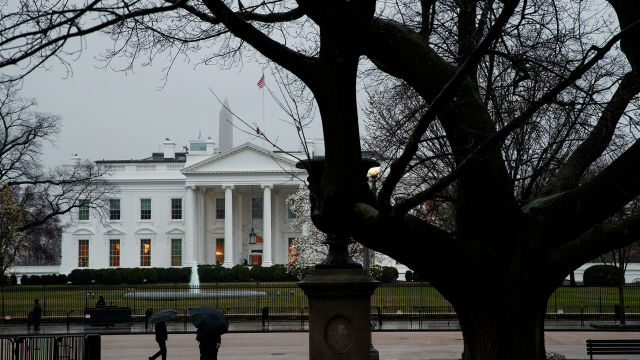Moscow. December 19. INTERFAX - The reason for the current tension in US-Russia relations is Washington's realization of its geopolitical interests at the expense of Moscow's interests in the 1990s, especially in the post-Soviet space, says Thomas Graham, head of Kissinger Associates, former adviser to US President George W. Bush on Russia and Eurasia.
"What is the main reason for the tension in relations now? The answer is the following: we exploited Russia's weakness, especially in the 90s, in order to realize our geopolitical interests at the expense of Russia's interests in a very painful place for it - in the post-Soviet space. And what we see now is Russia's attempt to restore its influence in this space," Graham said in an interview with Interfax.
The key country in this regard is Ukraine, which is why the tension around it is now maximum, the American political scientist believes. According to him, if there had been a strong Russia in the 90s, even then the security system after the end of the cold war would have been discussed, it would have been "a much more stable structure than the one that exists now."
Graham stressed that having not only strong partners, but also strong rivals is beneficial for the United States, as well as for any country, since if each side negotiates from a position of strength, it is easier to find long-term compromises, there is much more confidence that the agreements that will be reached will become long-term: "neither side will then consider that it was deprived of something while it was weak."
According to Graham, in the 1990s, the United States wanted to integrate into the Western system, but at that time they did not know how to do it specifically. Washington promoted Russia's economic transition, as it not only prevented the radical destabilization of the country, which was not in the interests of the United States - the institution of private property deprived the state of the resources that would be needed to start a war.
As the former adviser to the US president noted, Washington at this stage was interested in Russia being strong, but not so much that it was potentially stronger than the US. At the same time, "there have always been fears that Russia still has imperial ambitions, the desire to expand its influence to the west, to the south and to the east in order to guarantee its security."
In this regard, the United States from the very beginning began to hedge a return to "Russian traditions," Graham noted.
"That is why we started thinking about NATO expansion already when we were talking about the desire to integrate with Russia. Even then, we were thinking about expanding Euro-Atlantic institutions, primarily in the military field, to the east and persuaded European allies to integrate Eastern European countries into political institutions. We understood that even if Russia's integration did not succeed, we would be in a better position strategically than 20-25 years ago, when the Soviet Union occupied a huge territory of Central Eurasia and posed an existential threat to the United States," he said.



